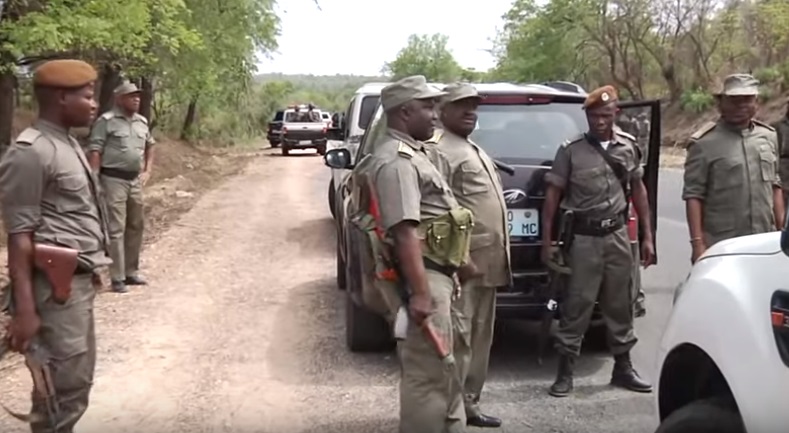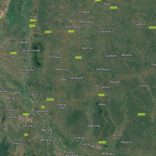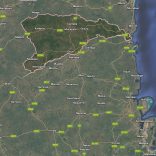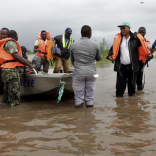Red Notice ivory-smuggling fugitive who had fled to Mozambique arrested by Guangdong ...
Mozambique: Frightened residents abandon Matenga – AIM

Image: Miramar
Following the attack on a bus on Tuesday morning in Matenga locality, in the central Mozambican province of Sofala, Matenga residents are abandoning their homes, reports the independent television station STV.
People who spoke to STV say that armed attacks are now happening on a daily basis, and so they have opted to flee into the bush.
“When there’s shooting nobody stays nearby”, said one Matenga resident Gilda Mabuleza. “We flee with our children into the bush, and only go back to our houses when the shooting has finished”. Mabuleza said she sleeps in the bush almost every night.
Economic activity in Matenga has ground to a halt. Shops have shut, and people who used to sell sacks of charcoal at the roadside no longer have any clients. Because of the fear that their vehicles will be attacked, nobody stops on the road any more to buy charcoal, complained one seller.
The wave of attacks on main roads in Sofala and the neighbouring province of Manica has led the Mozambican Association of Truck Drivers to issue an alert, urging drivers to use the roads only between the hours of 07.00 to 17.00. Driving at night is not advised “because of the politico-military situation”.
Ambushes on the roads began in August, and so far they have results in eight deaths, and dozens of injuries. Several vehicles have been set on fire.
In Tuesday’s ambush, the bus driver drove straight through the ambush, which may have saved lives. Three people were injured, two of them seriously enough to be transferred to Beira Central Hospital.
The police blame the attacks on “Renamo armed men”, refusing to draw a distinction between the Renamo mainstream, led by Ossufo Momade, who signed a peace agreement with President Filipe Nyusi on 6 August, and the dissident “Renamo Military Junta”, led by Mariano Nhongo.
The attacks are generally believed to be the work of the Junta (although Nhongo denies that his men attack vehicles).
Momade, speaking in the central city of Quelimane, blamed Nhongo, but also the Mozambican state “for allowing the crocodile to grow, and that is not the responsibility of Ossufo Momade”.
He recalled that “when Nhongo threatened to kill me, at no time did the State react. Indeed, many people laughed at what Nhongo was doing”.
Momade urged the State to take the attacks on the roads seriously, and “its intelligence services should operate to guarantee the sovereignty of the people”.













Leave a Reply
Be the First to Comment!
You must be logged in to post a comment.
You must be logged in to post a comment.